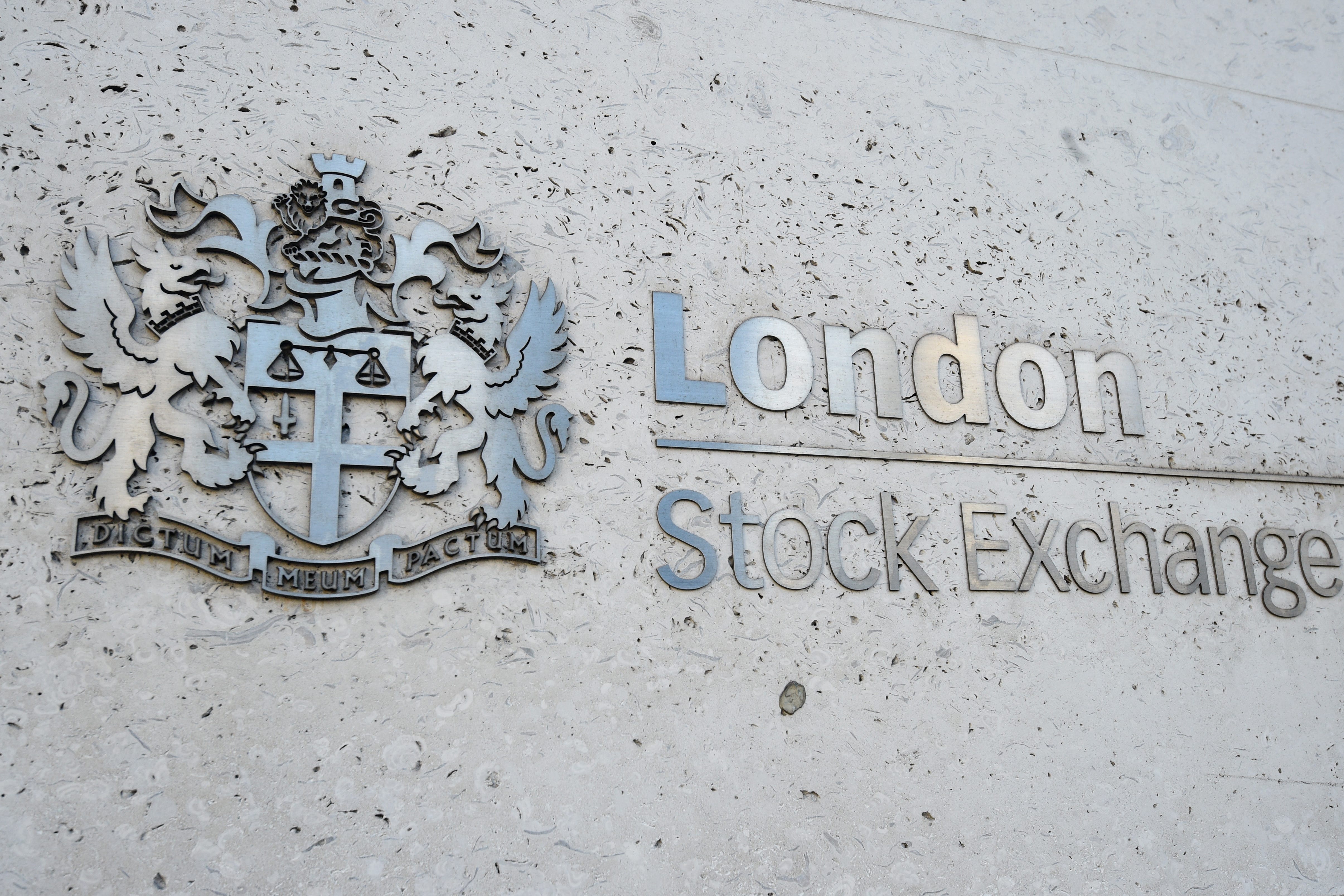FTSE 100 reverses early gains as investor nerves grow on Trump trade policy
The blue-chip index had surged early in the day after the US election result, but swung back to finish in the red on Wednesday.

The FTSE 100 fell on Wednesday, reversing early gains as investors grew more nervous following Donald Trump’s US election win.
London’s blue-chip index lost 5.71 points, or 0.07%, to end the day at 8,166.68.
The index surged on opening after the election result became clear, rising by as much as 1.6% at one point, but it erased its gains in the afternoon.
Susannah Streeter, head of money and markets at Hargreaves Lansdown, said the turnaround came as investors “switched their focus to concerns about the macro-economic environment”.
“If Trump’s most radical plans for tariffs are imposed there are deepening concerns about the knock-on effect on the UK and other European economies.”
Mr Trump has repeatedly said he will impose sweeping import tariffs which, in turn, could hit UK growth, according to economists.
Meanwhile, the prospect of interest rates potentially staying higher for longer also hit housebuilders, with Persimmon and Taylor Wimpey among the biggest fallers.
At the end of the day in Europe, Frankfurt’s Dax index fell 1.14%, while the Cac 40 in Paris had closed down 0.51%.
In New York, a little while after markets had closed in Europe, the S&P 500 had gained 2.14%, while the Dow Jones was 3.25% higher.
On currency markets the pound was trading 1.12% lower against the dollar at 1.2896 and had risen 0.64% against the euro at 1.2008.
In company news, Persimmon said costs will be sent higher by recent Budget measures as it also cautioned over rising build inflation for the year ahead.
The builder said that it was still assessing the full implications of the Budget, which saw Chancellor Rachel Reeves increase national insurance contributions for employers among a raft of other measures.
But it flagged concerns over rising cost pressures for the business, while it added that home sales fell between July and November, to 1,416 from 1,439 a year ago.
Shares fell 7.84% on Wednesday.
The chairman of Wetherspoon, Tim Martin, also warned over price rises after the spending statement, as he said the pub chain’s tax bill will jump by two thirds next year.
Mr Martin said he believes “all hospitality businesses” are planning to pass on higher costs through price hikes.
Nonetheless, Wetherspoon said its sales grew about 6% in the 14 weeks to November 3, compared with the same period last year.
Shares rose 3.76%.
Brent Crude Futures were down 0.41% to 75.220 US dollars at the close of trading.
The biggest risers on the FTSE 100 were: Ashtead, up 332p to 6300p; Barclays, up 13.25p to 258.15p; Intercontinental Hotels Group, up 448p to 9002p; BAE Systems, up 63p to 1343p; and 3i Group, up 153p to 3493p.
The biggest fallers on the FTSE 100 were: Persimmon, down 127.5p to 1343.5p; Intertek, down 224p to 4518p; Taylor Wimpey, down 5.95p to 139.65p; Smith & Nephew, down 38.4p to 927.8p; and Fresnillo, down 28.5p to 699p.
Bookmark popover
Removed from bookmarks